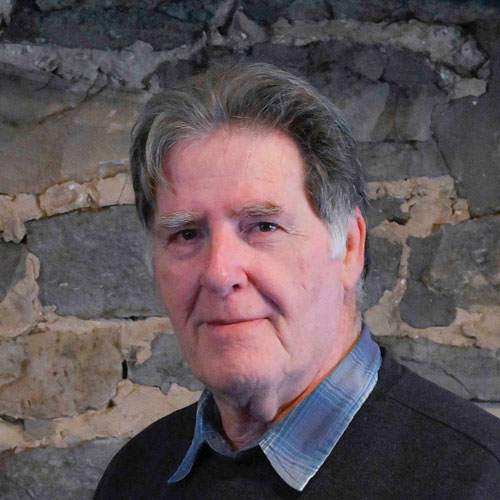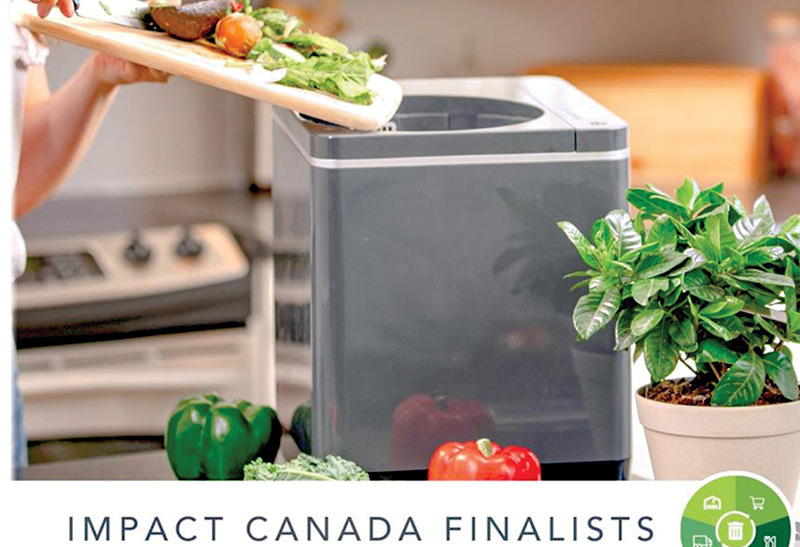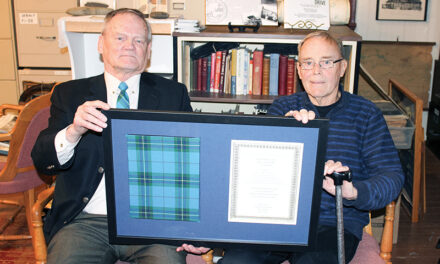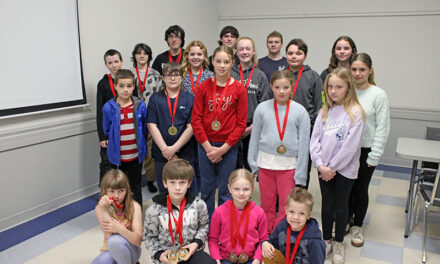FoodCycle Science is offering two different units for its pilot program. Courtesy Photo
WINCHESTER – Some North Dundas’ residents will have an opportunity to take part in an interesting food composting pilot project this spring.
The township is entering into an agreement with to being the FoodCycler™ Pilot Program to residents.
The program involves residents buying a special device for their kitchen called a FoodCycler. The cost of the machine that reduces typical food waste in the average kitchen to a small amount of dried material, which can be dumped into a home garden or compost pile will be offset by municipal and federal funding.
The pilot project will involve 100 residents.
The arrangement the municipality will be making with FoodCycle Science involves the township buying up to 100 FoodCycler units. The units come in two sizes. The FC-30 model is a 2 litre unit and the larger 5 litre unit is called the Maestro model.
The municipality will be buying 100 of the units at a cost of $34,000. The 2 and 5 litre units sell to residents $150 and $300 respectively. When residents buy the units, the township recoups $22,500 of their original cost. Federal and municipal funding makes the purchase hopefully affordable for residents.
Residents keep the units after the pilot project is completed.
Mayor Fraser was excited about the project and councillors said they were all on board and wanted to get a unit for themselves.
“We are going to blast it out on social media and word of mouth. I do not think finding 100 people who are interested will be too difficult. As opposed to composting in your back yard and all of the effort that involves, this is ready to go directly into your garden as fertilizer,” said Fraser.
He added, “There is a bug subsidiary from the federal government. Then we will reduce it a bit more and the homeowner will make up the difference. It will still cost around $12,000 for the municipality. The expense from the tax base is off set by the savings at the landfill site.”
Food Cycle Science made a presentation to the North Dundas council on Jan. 18 at its regular council meeting.
The theme of the presentation on Jan. 18, FoodCycle Science presented information to council regarding the issue of food waste diversion in small rural municipalities.
“FoodCycle Science highlighted how their product, the FoodCycler, and its various models can help assist in reducing food waste at home, reducing residential waste and extending the life of the township’s Landfill”.
In a letter to the council, FoodCycle Science stated: “Food waste and loss is a huge problem in Canada, and worldwide with global food waste accounting for 8 per cent of worldwide greenhouse gas emissions. The purpose of the FoodCycler™ Pilot Program is to measure the viability of onsite food waste processing technology as a method of waste diversion. By reducing food waste at home, you can support your environmental goals, reduce residential waste, reduce your community’s carbon footprint, and extend the life of your community’s landfill(s). Based on several factors, we believe the Township of North Dundas would be a great fit for the benefits of this program, and to measure the viability of onsite food waste processing technology as a method of waste diversion. By reducing food waste at home, you can support your environmental goals, reduce residential waste, reduce your community’s carbon footprint, and extend the life of your community’s landfill(s). Based on several factors, we believe the Township of North Dundas would be a great fit for the benefits of this program, and we are proposing a study involving 100 households.
The FoodCycler FC-30 can process ~2 litres of food waste per cycle and converts it into a nutrient-rich soil amendment that can be added to plants / gardens or pelletized for home heating purposes. Power consumption per cycle is ~0.8 KWh. The FoodCycler Maestro device can process 5 litre of food waste per cycle and converts it into a nutrient-rich soil amendment that can be added to plants / gardens or pelletized for home heating purposes. Power consumption per cycle is ~1.3 KWh and takes between 4-8 hrs to complete (overnight).
Every FC-30 and Maestro deployed is estimated to divert at least 2 and 4 tonnes of food over its expected lifetime, respectively.”
The trial / survey period will be for 12 weeks starting on or before June 1, 2023.

Joseph Morin is the Editor of the Eastern Ontario AgriNews, and the Record. He is, despite years of practice, determined to eventually play the guitar properly. He has served the Eastern Ontario community as a news editor, and journalist for the past 25 years with the Iroquois Chieftain, Kemptville Advance, West Carleton Review, and Ottawa Carleton Review in Manotick. He has never met a book he did not like.









